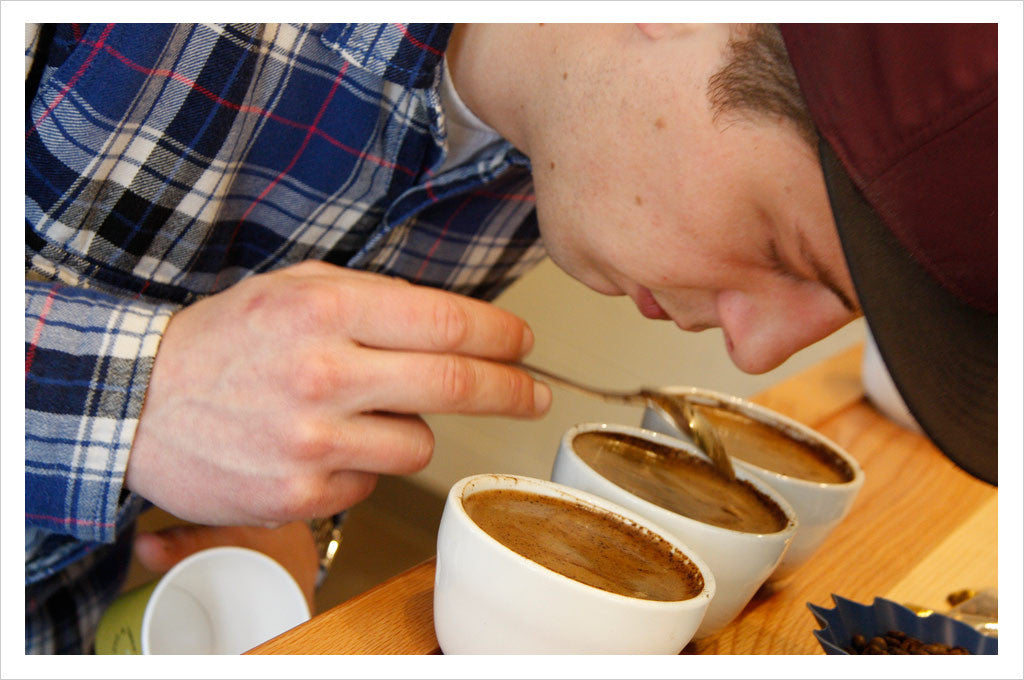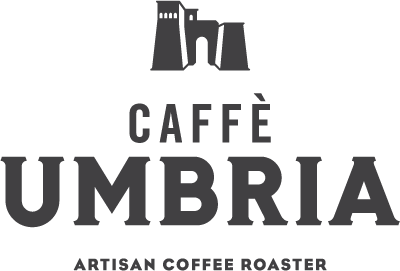If you love coffee, you've probably heard the term "Cupping" --- it is the industry standard for measuring taste.

Here at Caffé Umbria there are three main reasons we cup our coffees:
- Consistency: Cupping allows us to determine the sensory differences between samples.
- Flavor Profile: cupping is the best tool to describe the flavors of a sample.
- Quality Control: Cupping helps us determine if a sample meets our quality standards.
We have established protocols and procedures to keep variables to a minimum, ensuring consistency. For example: all samples are roasted to the same roast level and evaluated after 8 hours, or within 24 hours.

To capture the freshest flavor profile, samples are ground no more than 15 minutes prior to being evaluated. We typically prepare multiple cups (normally 5) of the same sample to evaluate uniformity.

Fragrance is evaluated by smelling dry grounds.


Next, we wet the grounds with water brought to 200F and steep for 4 minutes. It's important to pour slowly and make sure all the coffee grounds are saturated to achieve the most representative sample.



As the coffee steeps, a thick "crust" of grinds will form on the surface. "Breaking the crust" is the best way to evaluate the aroma of the coffee. This is done by placing your face close to the cup, using a spoon to break the surface, and inhaling the bouquet of aromatics that waft towards your nose.


The samples are allowed to cool a bit before evaluating the taste. This is done by aspirating in such a way that the liquid covers as much mouth area as possible, coating the tongue and upper palate.
When evaluating the liquid coffee we look for flavor and aftertaste initially, then as it cools we rate acidity, body and balance. We also look for sweetness, uniformity and absence of defects in the cup. We go through this process for every new coffee and blended coffee we serve... and even those we don't select.


We cup so much coffee at our Seattle roastery that our roaster Pete Maskiell designed a special new cupping table to create a dedicated space for all these cuppings! Pete made the table top by hand using a combination of walnut, maple and oak to create various textures and colors. The routed groove for the cups and the iron pedestal base and frame ( courtesy of Twisted MetalWorks ) combine to make a table with good texture and great lines.


Leave a comment